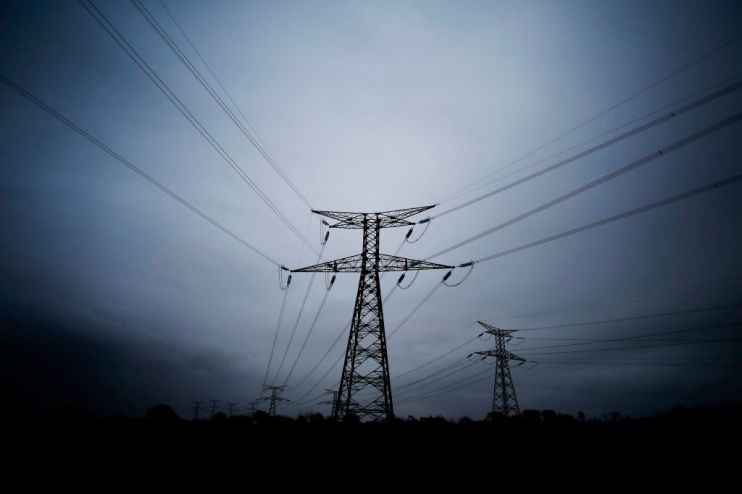Ofgem publishes new plan for net zero Britain

Ofgem has today published a new plan to decarbonise the UK’s energy system in order to meet emissions targets by 2050.
The “Decarbonisation Action Plan” sets out nine actions that the energy industry must put into practice in order to ensure that the UK’s energy networks can deliver net zero.
Central to the plan is building an energy sector that supports the growth of renewable energy sources by setting up a special fund for investment into innovative solutions for tackling climate change.
It will also support development of an offshore grid to enable a four-fold increase in offshore wind generation by 2030, as well as supporting the rollout of electric vehicles across the UK.
According to the National Grid there will be 10m EVs on the road in the UK by 2030, which means the grid will need to be bolstered to cope with extra demand.
The watchdog will also work closely with the government on its plans to decarbonise heat through new technologies such as hydrogen boilers or electric heat pumps.
Jonathan Brearley, who takes over as Ofgem’s chief executive today, said: “Britain has come a long way. It has decarbonised faster than any other major economy, but we must go further, particularly on heat and transport. We are taking an approach that recognises that our role protecting consumers includes achieving net zero.
Get the news as it happens by following City A.M. on Twitter.
“It is now vital that the energy industry rises to the challenge and demonstrates how it will work with the Government and Ofgem to decarbonise Britain’s energy system at lowest cost.”
The energy sector largely welcomed the plan, with Centrica’s chief executive Iain Conn commenting: “We welcome the focus from Ofgem on the value of storage and flexibility services, which will help balance the energy system in a low-cost way.
“At Centrica we are committed to having a plan to get to net zero by 2050, as we focus on satisfying the changing needs of our customers, providing energy services and solutions that help our customers transition to a lower carbon future.”
David Smith, chief executive of the Energy Networks Association, said: “Ofgem’s report recognises how far we have come and the role networks have played, but there’s even further to go.
“A whole systems approach, including the use of hydrogen and biogas, will require innovation, research, different regulatory models, working with new partners and the ability to continue to attract investment to secure a green future. We support Ofgem’s action plan and look forward to playing our role in achieving Net Zero.”
Some however thought that the plan does not go far enough. Green energy supplier Good’s chief executive Juliet Davenport said: “Ofgem is beginning to make the right noises in this report, but it needs to be much bolder to deliver a zero carbon Britain. To truly protect the customer of the future, we need to protect the planet we live on.
“The most cost effective way of doing is this putting British businesses and households at the heart of the solution to the climate emergency, allowing every part of the system to be part of a zero carbon Britain, not excluding the small guys and in the process handing the reins to the incumbents who caused the problems in the first place.”